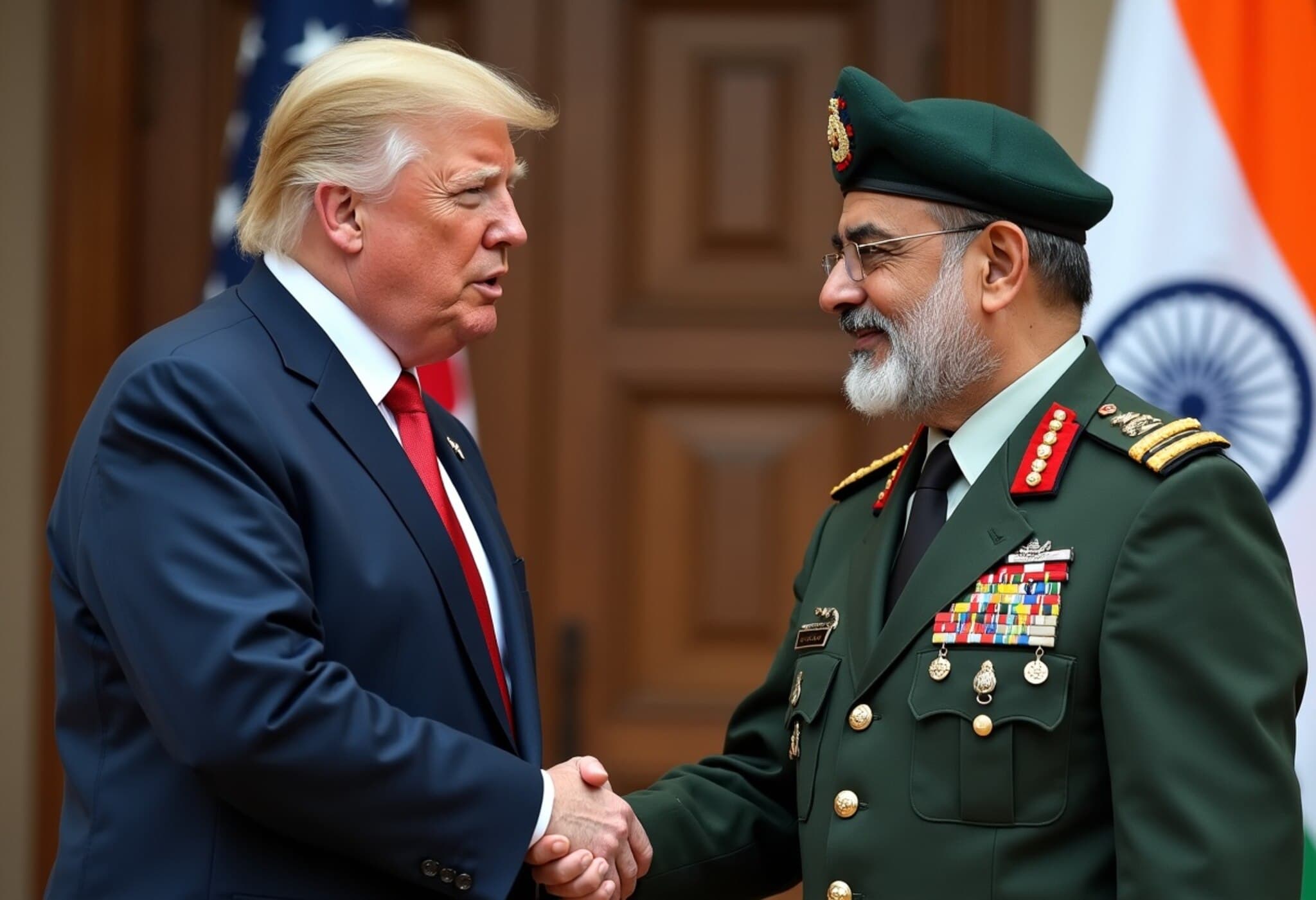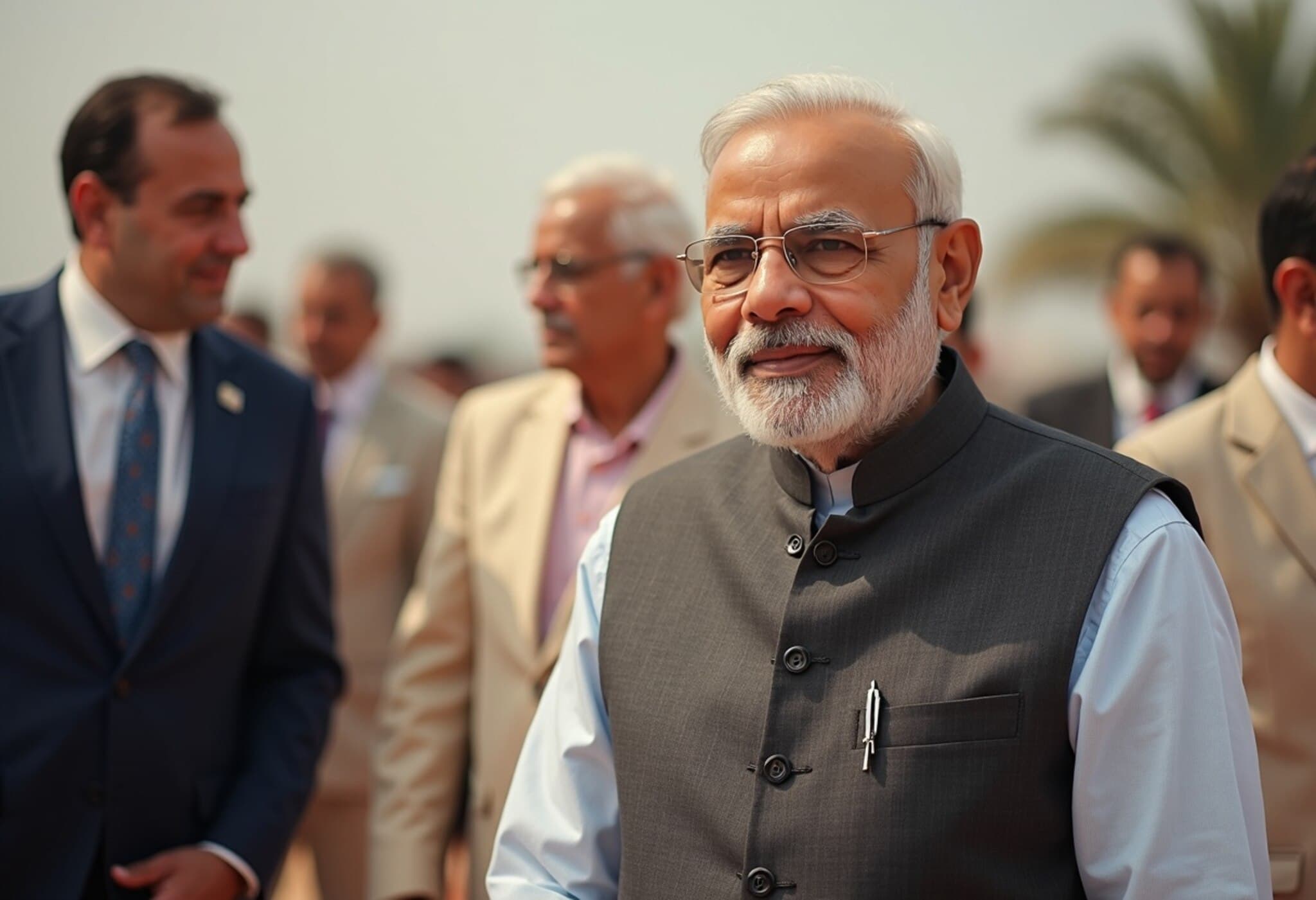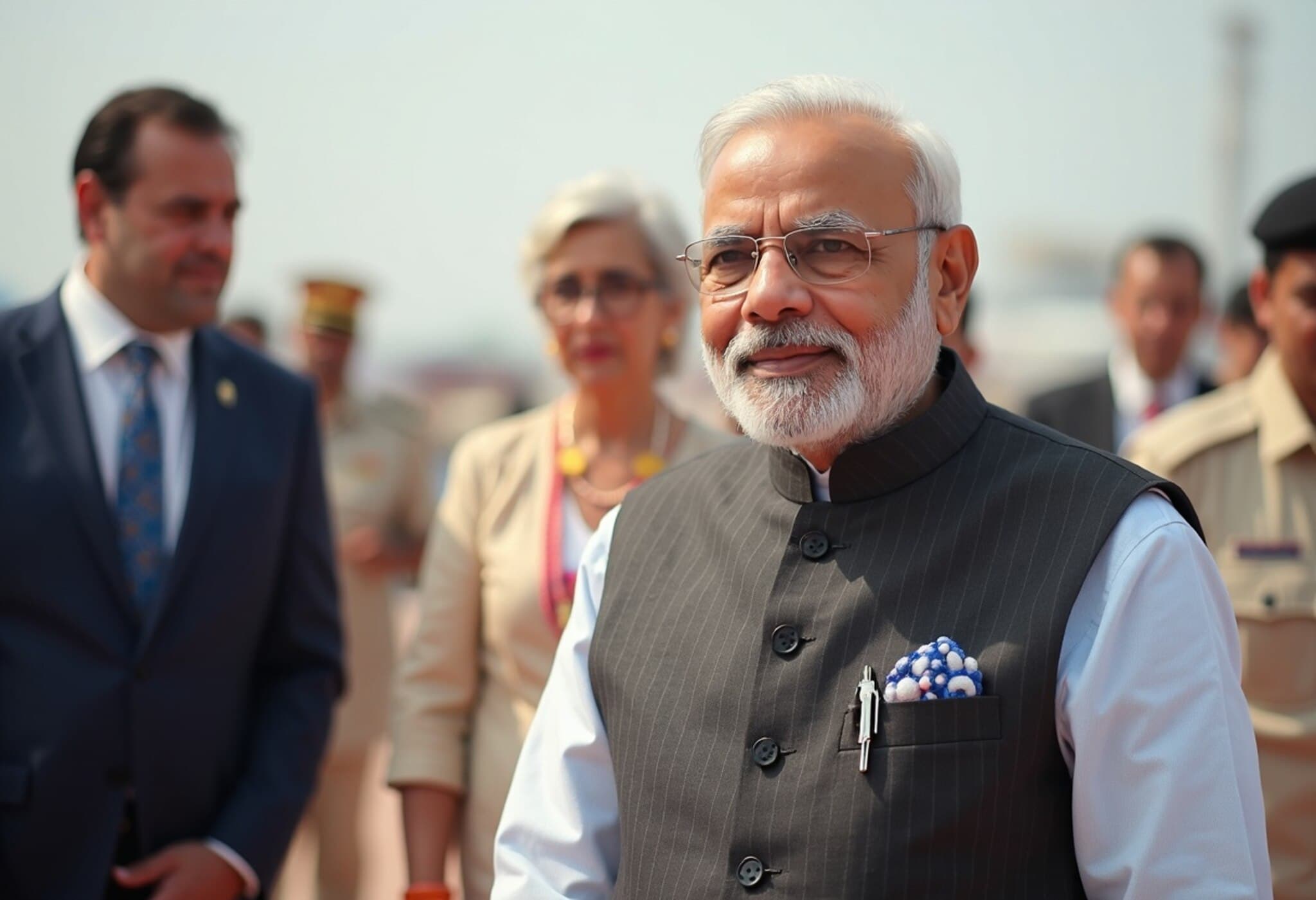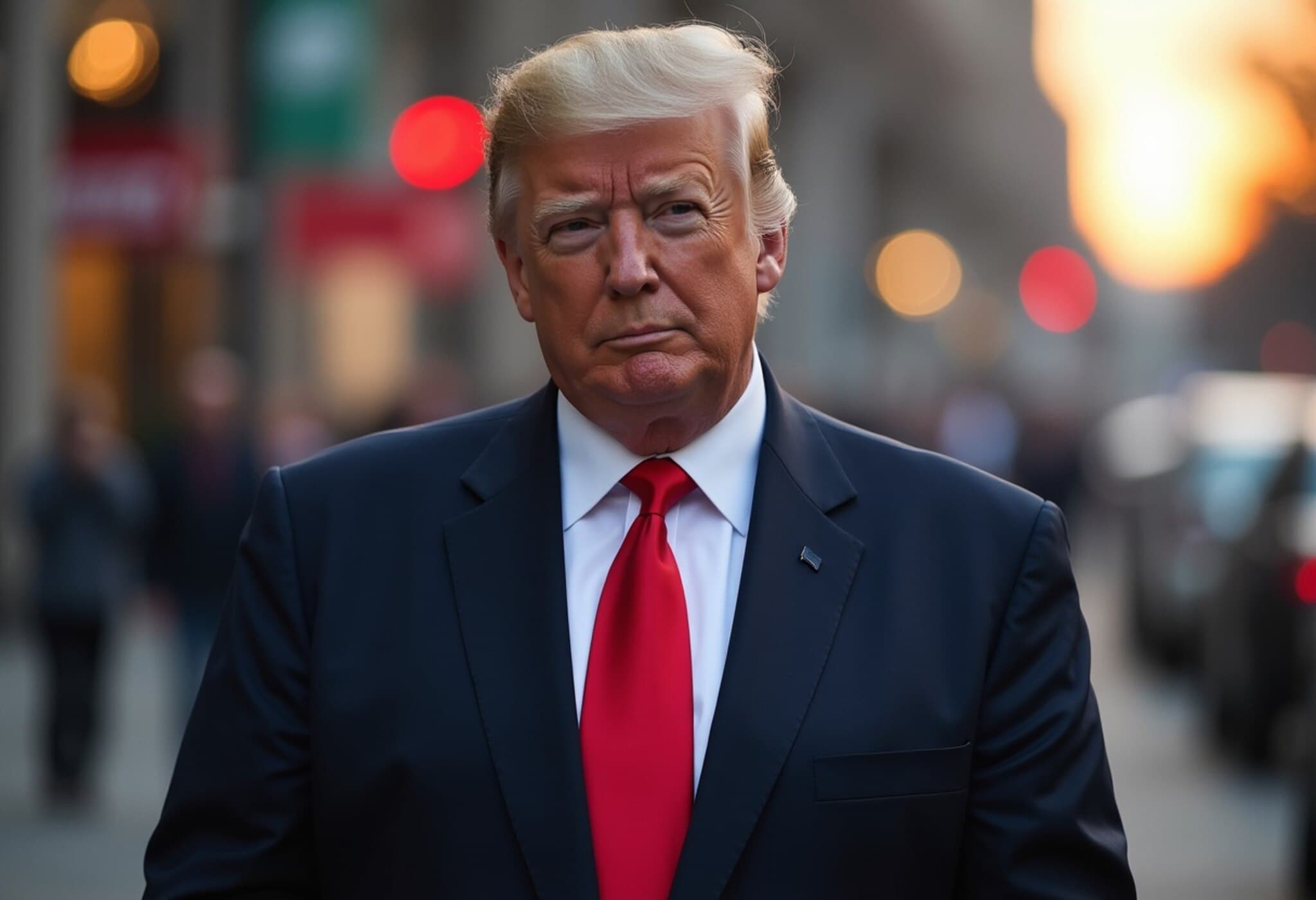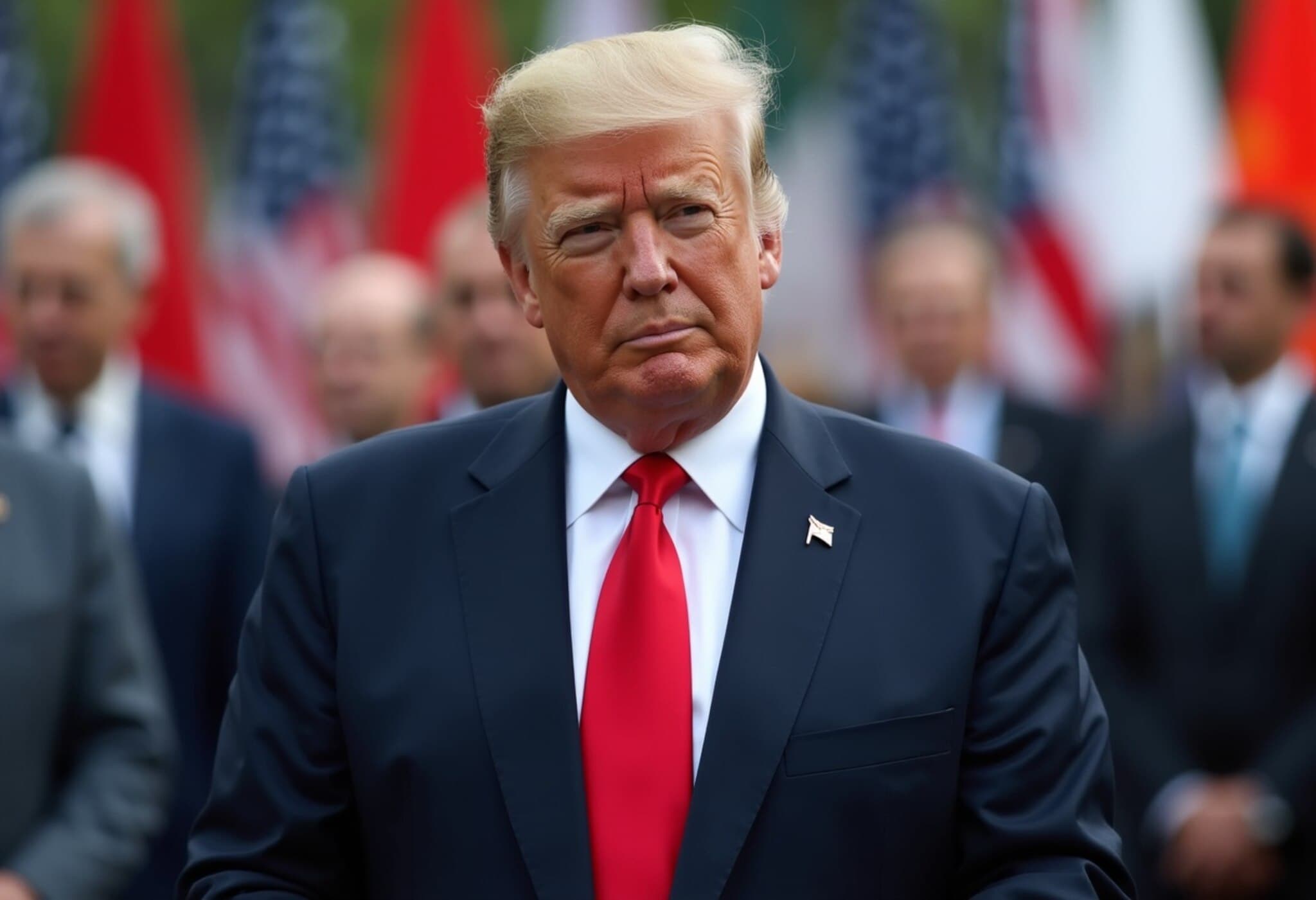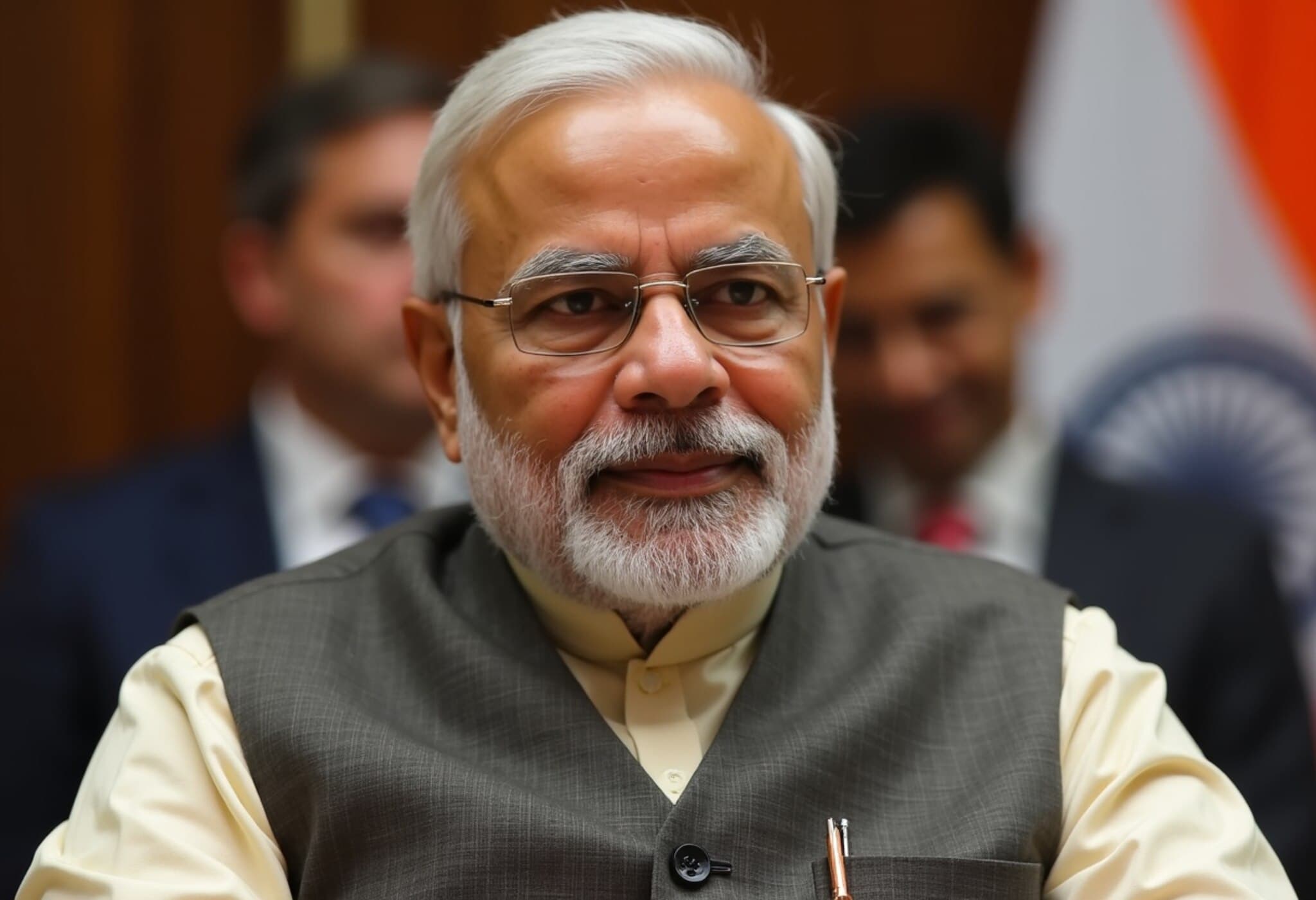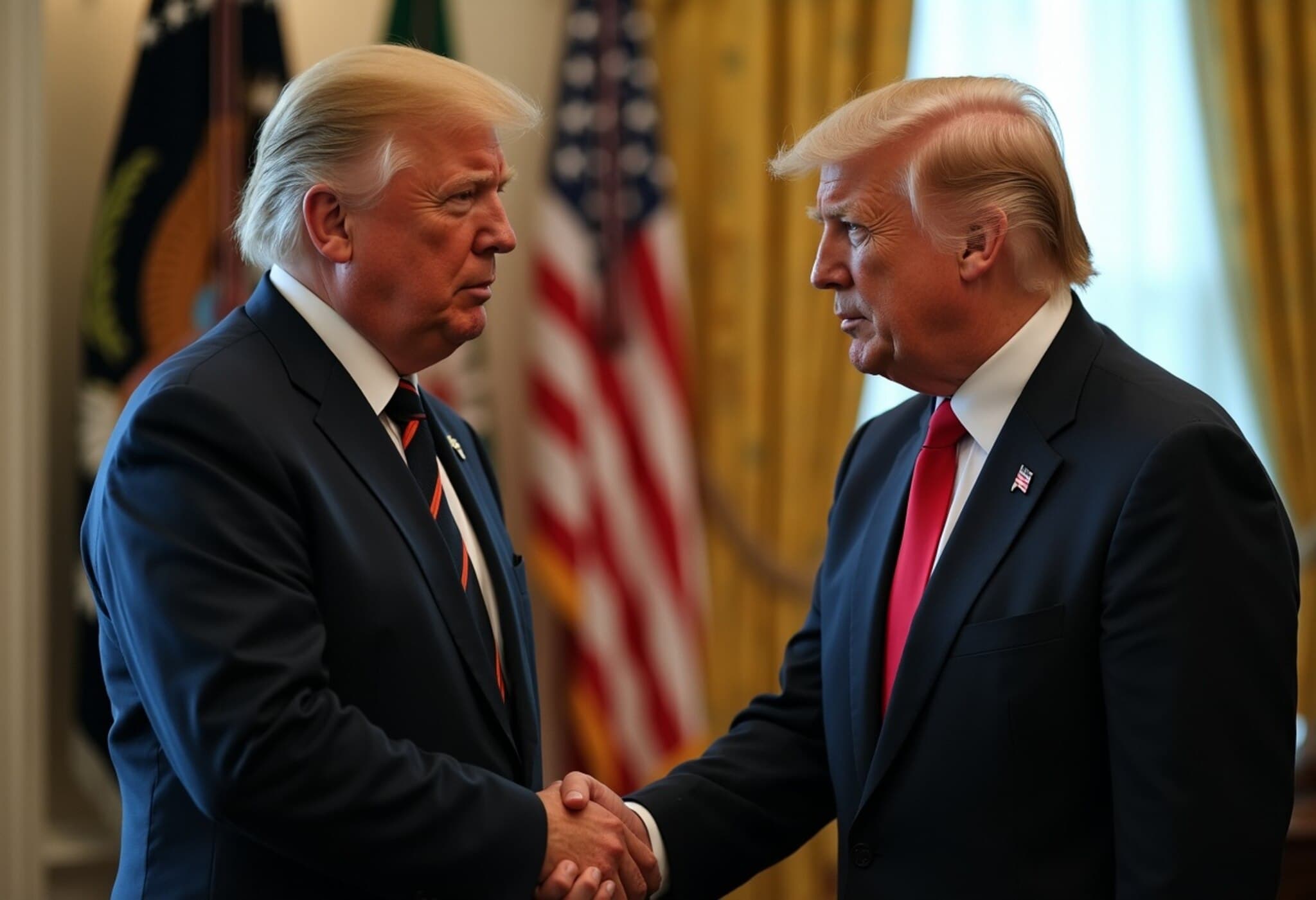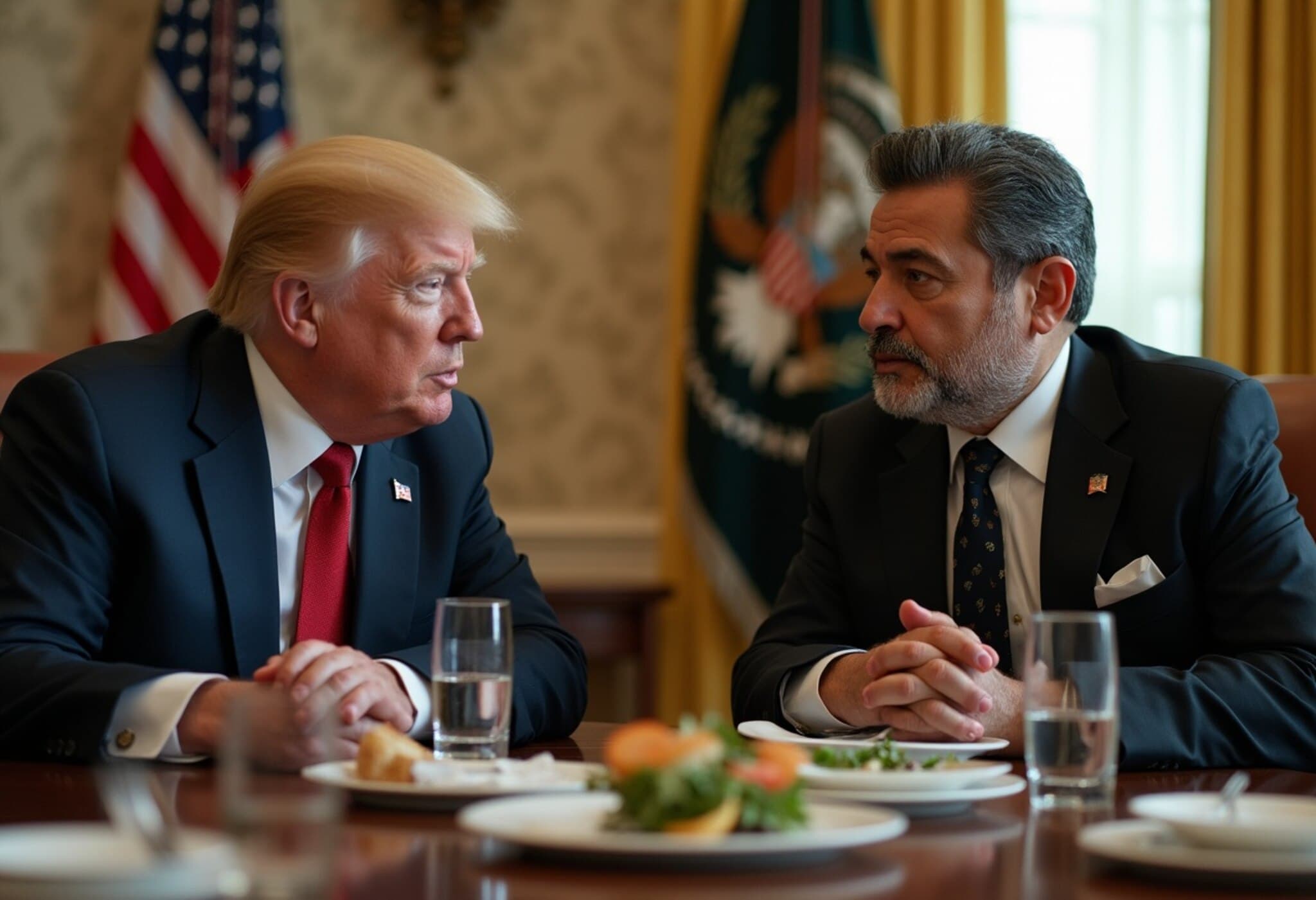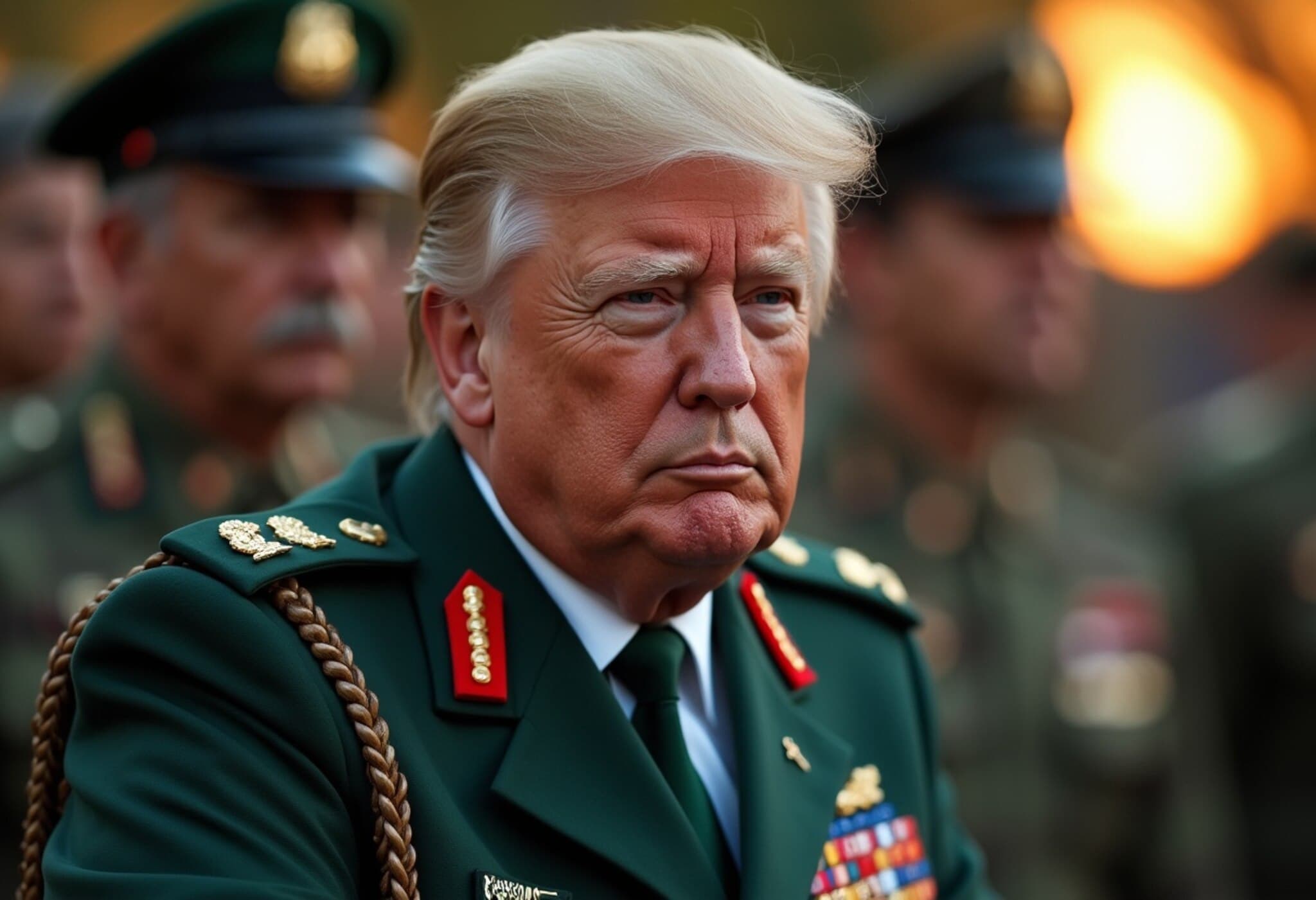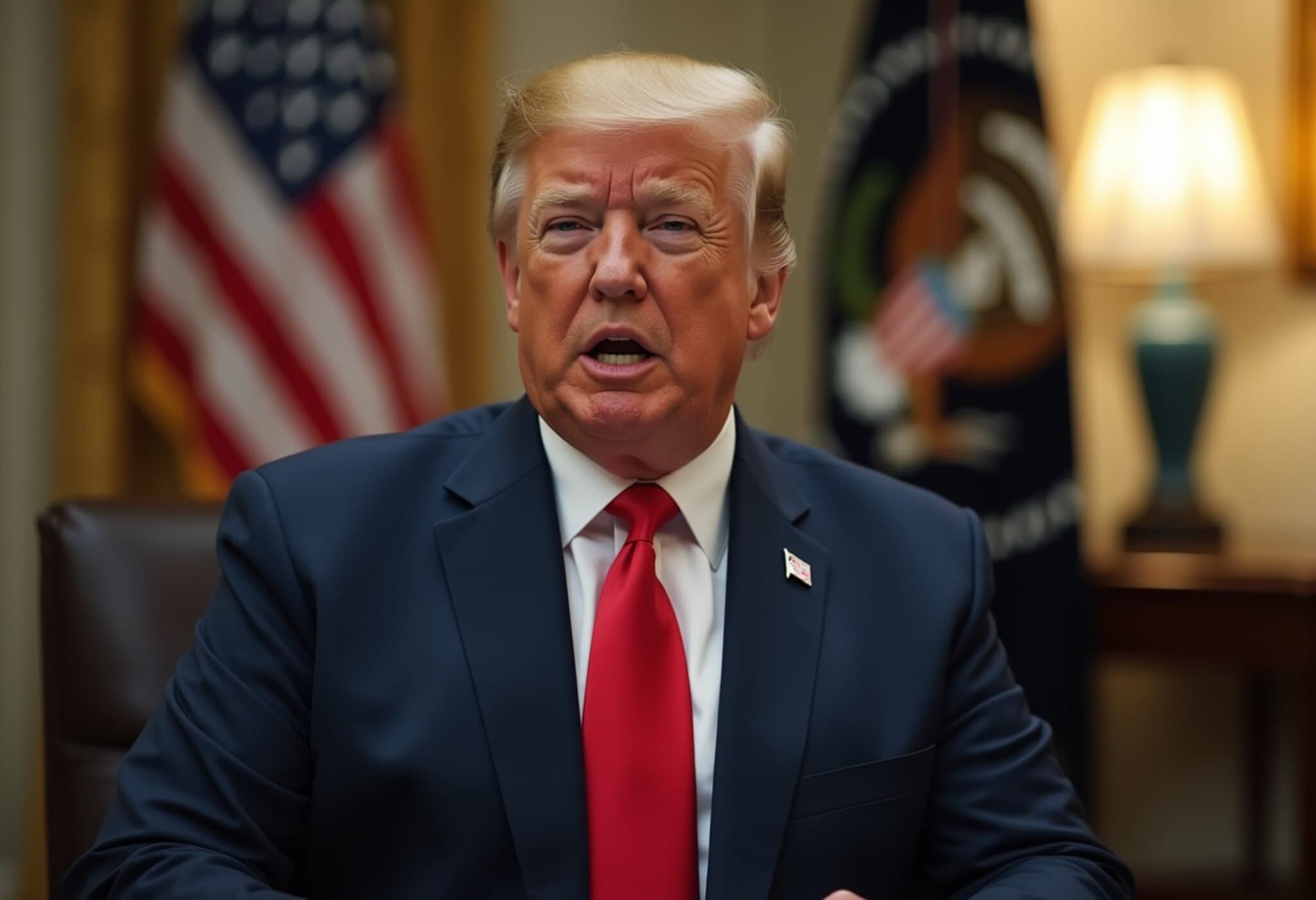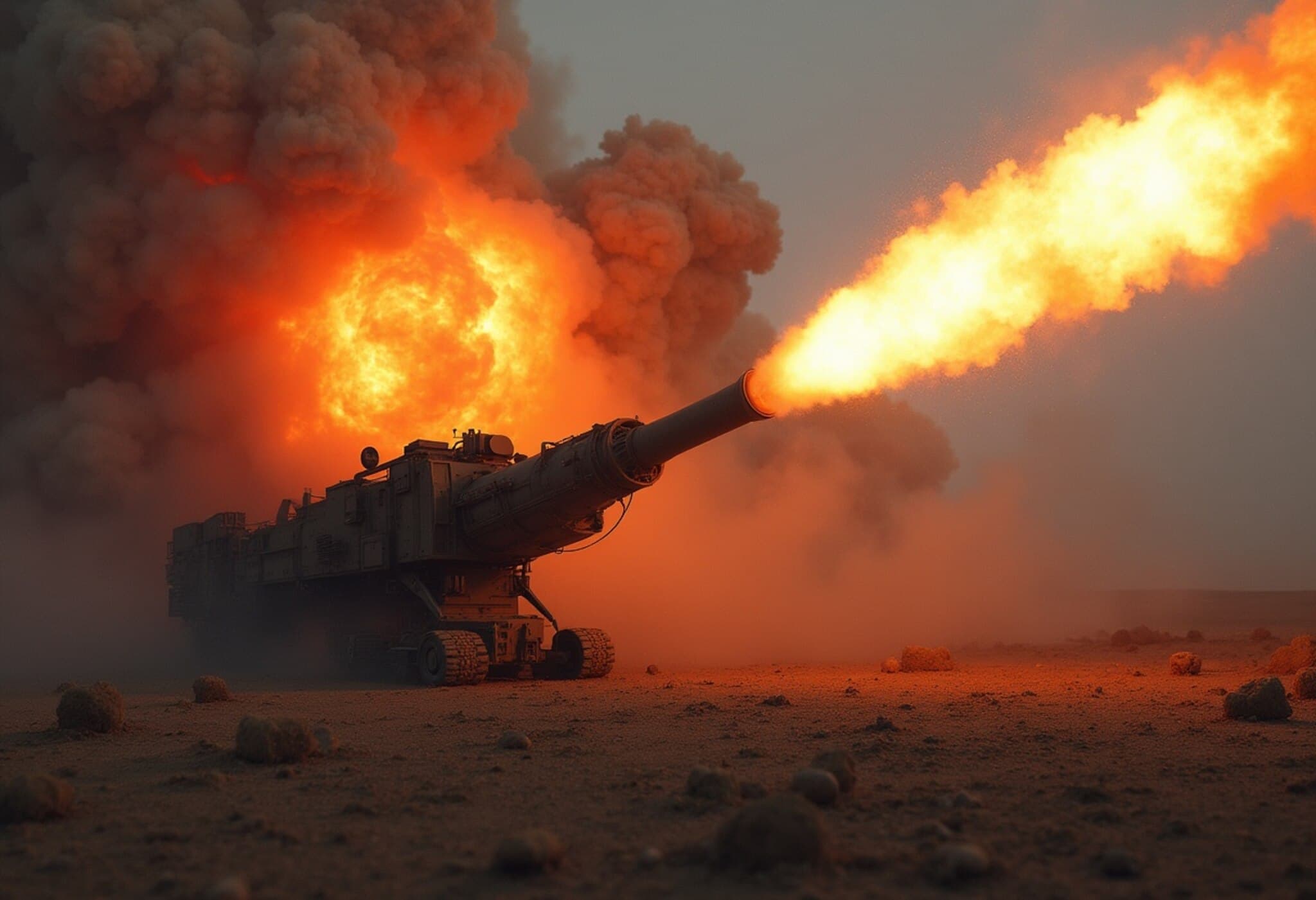Trump Recognizes India-Pakistan Ceasefire Decision
In a notable shift, US President Donald Trump has for the first time refrained from taking credit for the recent ceasefire between India and Pakistan. Instead, he pointed to the decisive role of the two nations' leaders in ending hostilities.
Leaders Decide to End Conflict
On May 10, both India and Pakistan mutually agreed to stop their military conflict, choosing peace over prolonged confrontation. Trump acknowledged this when he met Pakistan’s Army Chief, Asim Munir, at the White House, stating that the decision to halt violence came from "two very smart" leaders committed to preventing further bloodshed.
Trump's Remarks During White House Meeting
Hosting General Munir for lunch, Trump expressed gratitude for the restraint shown, saying, “I want to thank him for not going into war, for ending the war.” He also mentioned ongoing efforts to forge trade deals with both India and Pakistan, highlighting an optimistic economic outlook following improved bilateral relations.
Modi and Trump’s Communication Amid Tensions
While Trump was quick to previously assert that he brokered the peace deal, this was tempered during his recent comments. He noted his ongoing communication with Indian Prime Minister Narendra Modi, praising their joint efforts to avoid escalation that could have led to a nuclear war.
Earlier, PM Modi held a crucial 35-minute phone call with Trump just before the G7 Summit in Canada. This discussion reaffirmed India's stance against third-party mediation in its disputes with Pakistan. According to Indian officials, Modi made it clear that “at no point” was there any agreement or discussion about a trade deal linked to the military operations or mediation proposals.
India’s Firm Position On Mediation
India maintains a strong political consensus rejecting outside intervention in its bilateral issues with Pakistan. This position was reaffirmed by India’s Foreign Secretary Vikram Misri, who emphasized the country’s sovereignty in managing its regional conflicts independently.
Looking Ahead
With diplomatic communication ongoing and a mutual ceasefire established, there is cautious hope that these developments could pave the way for renewed dialogue and stability in the region. Trade negotiations with both countries also signal potential economic cooperation, offering fresh avenues for engagement beyond conflict.

